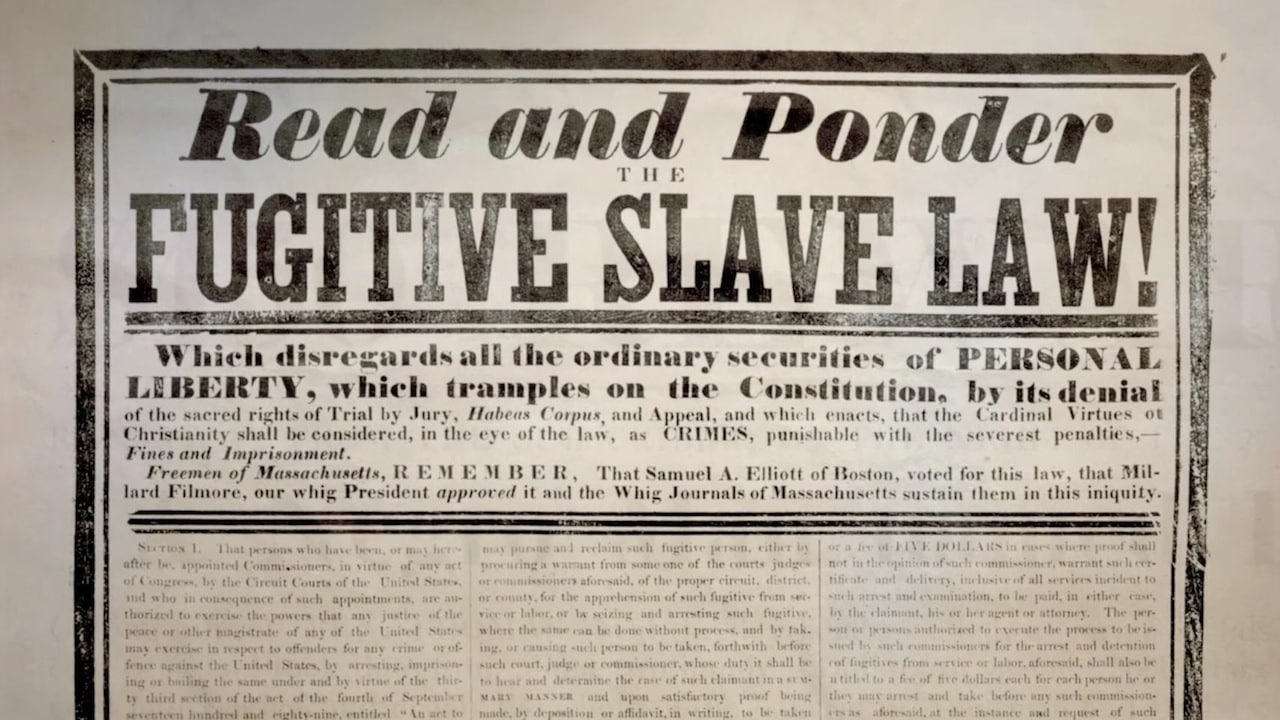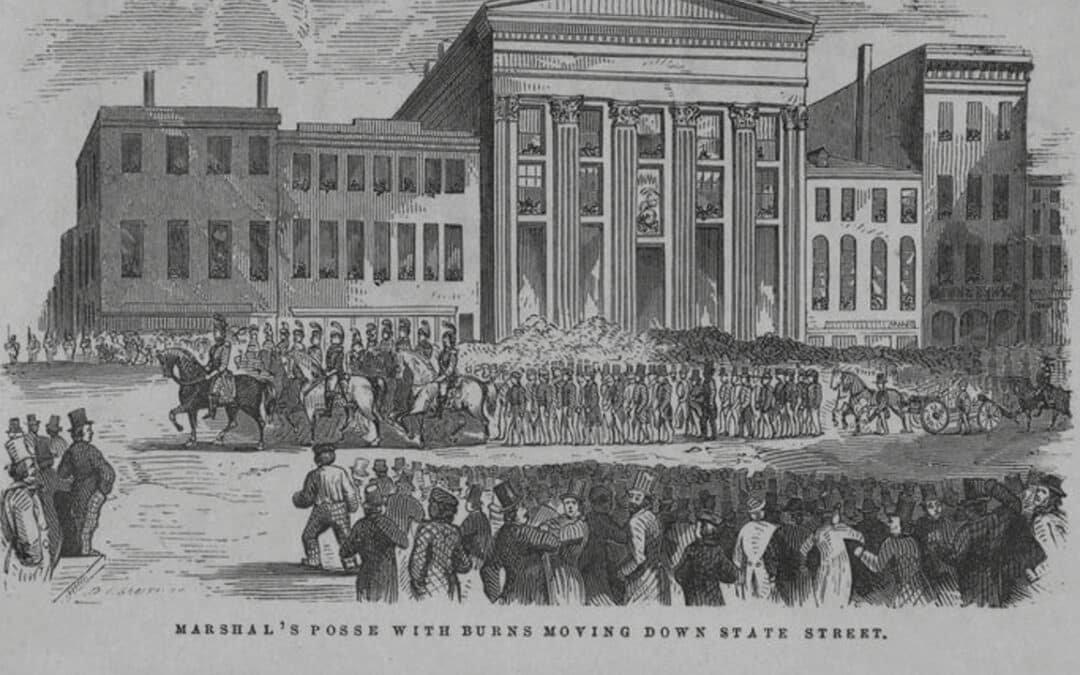
Personal Liberty Laws

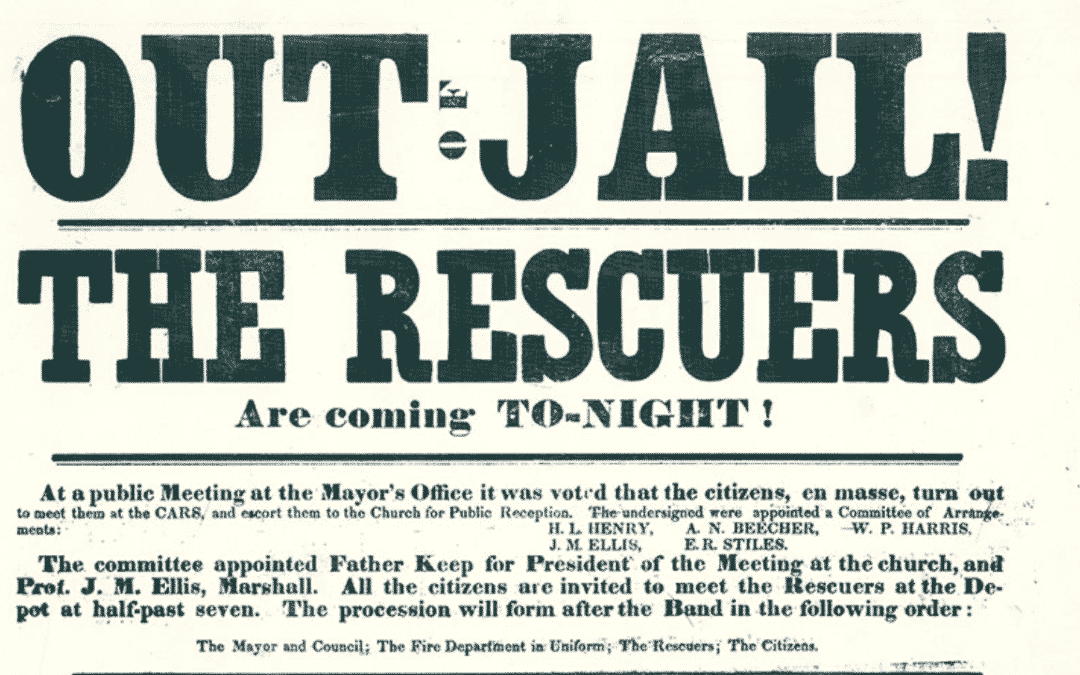
The 1859 Oberlin Trial: A Victory for the Higher Law
Months prior to John Brown’s infamous 1859 raid on Harper’s Ferry, a trial took place rooted in the same issues of slavery and federal enforcement that, while ultimately inconsequential in shaping future debate, is a historical event worth remembering. The incident...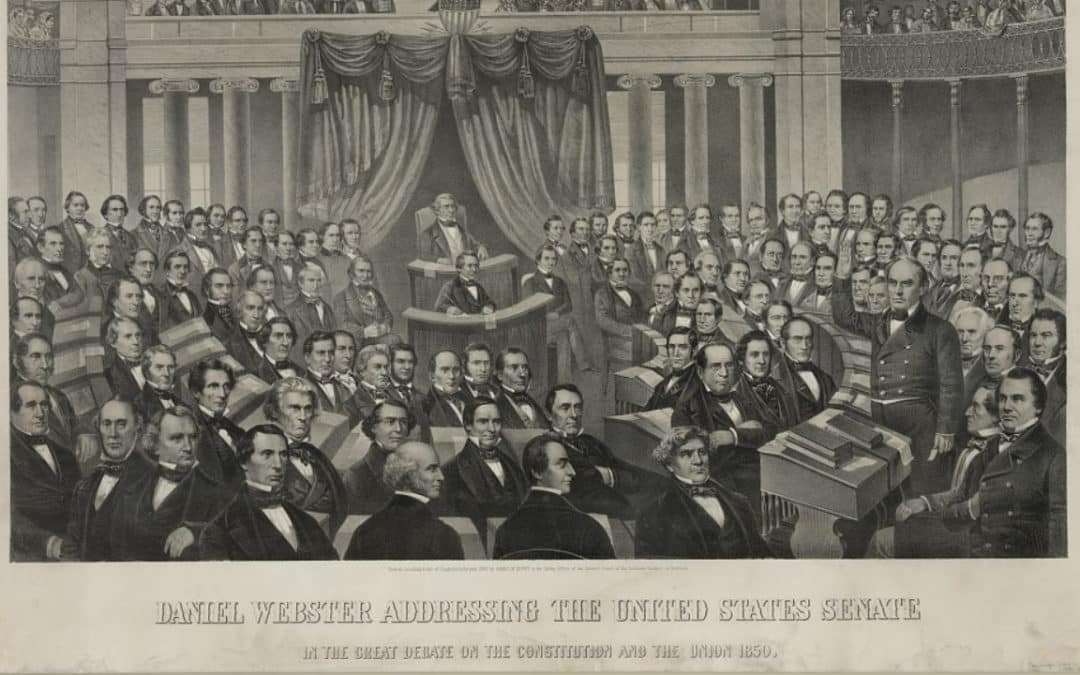
Today in History: Daniel Webster’s Seventh of March Speech
Today in history, on March 7, 1850, Daniel Webster delivered a famous oratory endorsing the Compromise of 1850, known as the “Seventh of March Speech.” He lauded the settlement as an impressive stride of concession between Whig and Democrat factions within...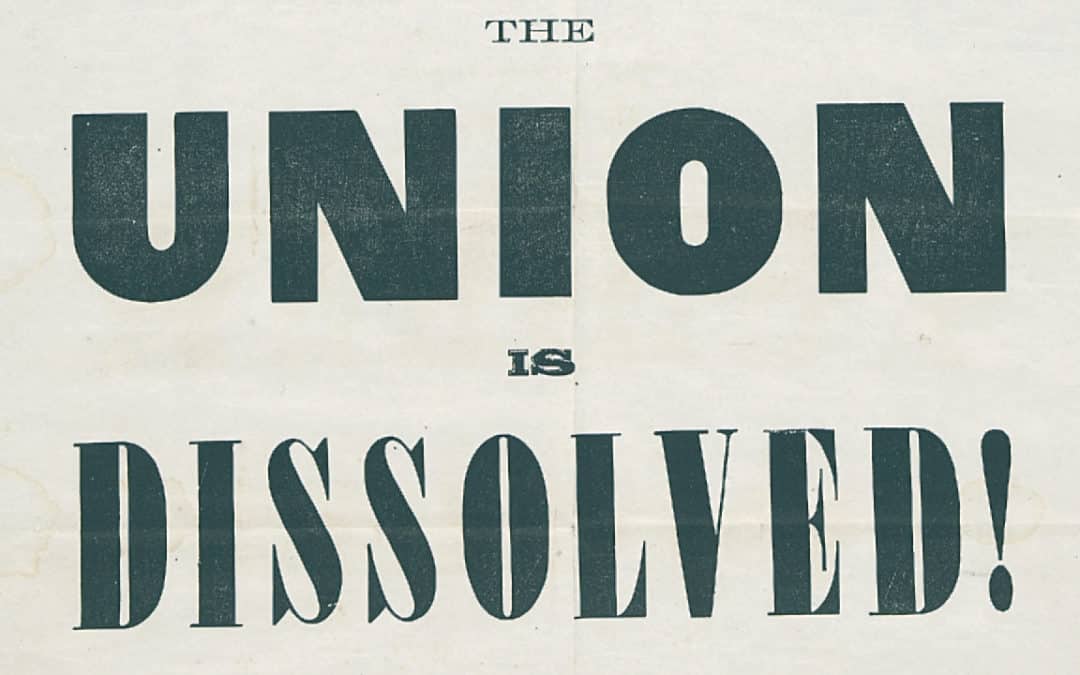
Today in History: South Carolina Secedes from the Union
Today in 1860, South Carolina seceded from the United States, becoming the first state to do so during Secession Winter of 1860-1861. A few days later, the state released a document explaining its reasoning, the Declaration of the Immediate Causes Which Induce and...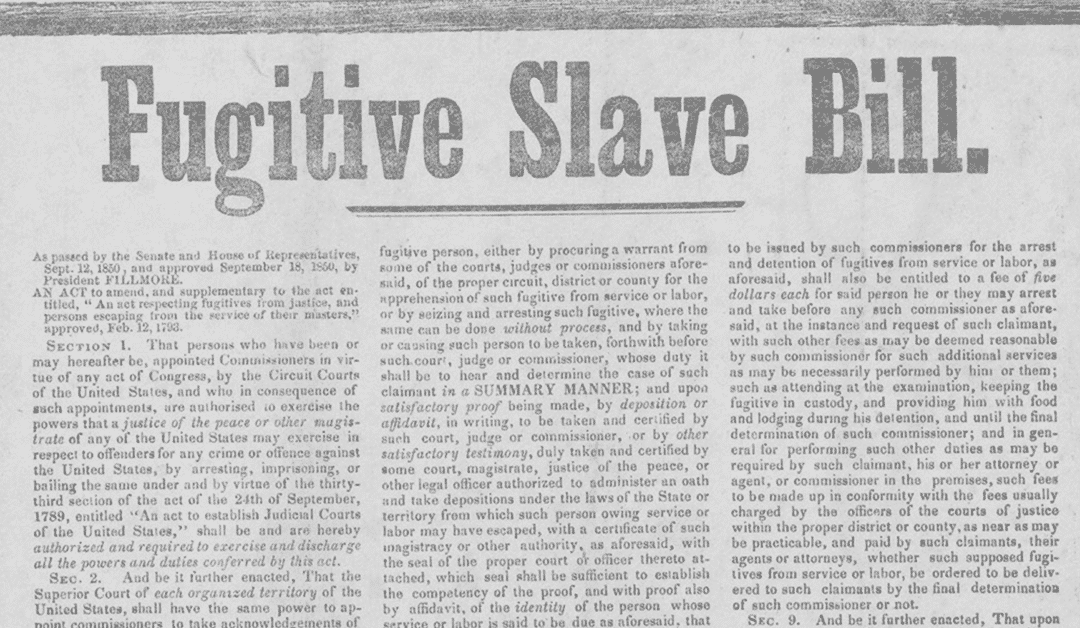
Today in History: Fugitive Slave Act of 1850 Signed into Law
On Sept. 18, 1850 President Millard Fillmore signed the Fugitive Slave Act of 1850 into law, setting the stage for wildly successful nullification efforts by northern states. The Fugitive Slave Act set up a legal structure to facilitate the capture of runaway slaves...